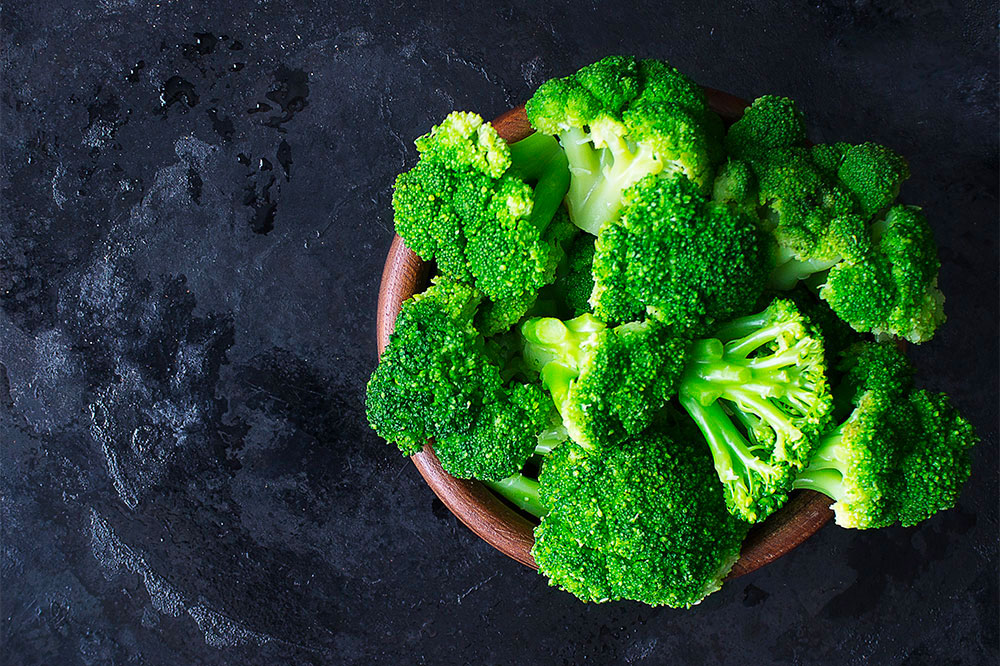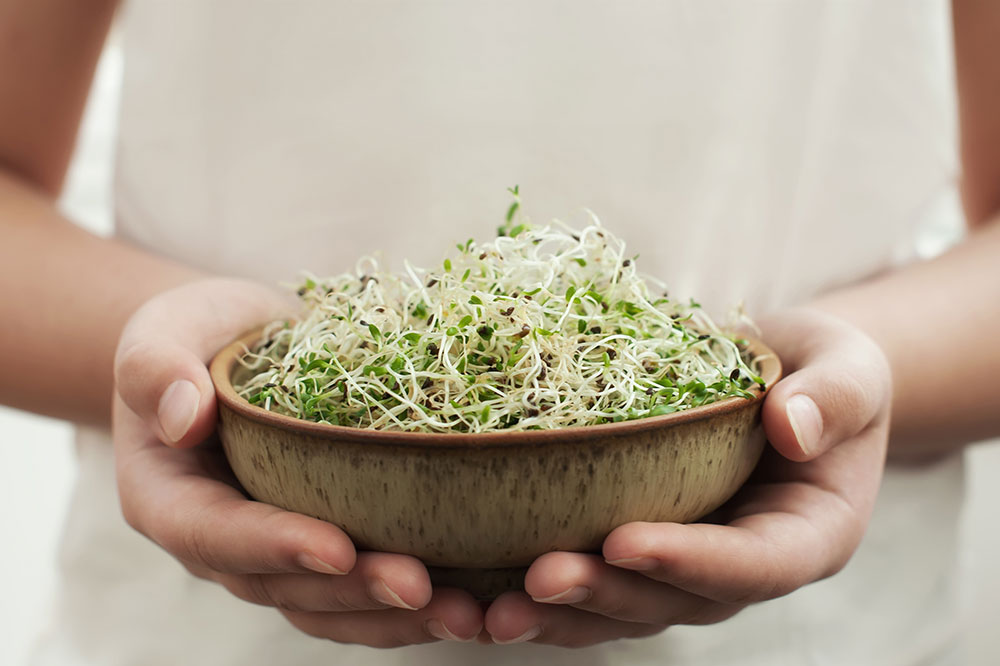Nutritional Strategies for Supporting Lupus Management
Discover effective dietary strategies for lupus management. This guide highlights anti-inflammatory foods like leafy greens, fatty fish, and whole grains, while warning against triggers such as processed foods and red meat. Personalized nutrition plays a key role in reducing symptoms, supporting heart and bone health, and enhancing quality of life. Consult healthcare providers for tailored recommendations to optimize your lupus care through diet.
Sponsored

Dietary Tips to Support Lupus Symptoms
Lupus is an autoimmune disease characterized by immune system attacks on healthy tissues, leading to inflammation and organ damage. Symptoms such as joint pain, skin rashes, fatigue, and kidney issues vary in severity. While no cure exists, lifestyle modifications, particularly dietary choices, can help control symptoms. Certain foods can reduce inflammation and boost overall health, while others may trigger flare-ups. Understanding the right nutrition is crucial for individuals living with lupus to improve their quality of life.
Managing lupus involves a comprehensive approach, with diet playing a vital role in reducing inflammation and supporting organ health. Consuming antioxidant-rich vegetables, whole grains, healthy fats, and lean proteins can make a significant difference. Conversely, avoiding foods that may provoke immune responses or increase inflammation is equally important. Personalized nutrition, ideally designed with healthcare guidance, allows lupus patients to better manage symptoms and maintain overall well-being.
Recommended Foods for Lupus Patients
Leafy greens: Spinach, kale, collard greens, broccoli, and arugula offer antioxidants like vitamins A, C, and K, along with essential minerals, helping combat inflammation and support bones.
Whole grains: Quinoa, brown rice, oats, and whole wheat products provide fiber and complex carbohydrates, contributing to heart health and sustained energy levels.
Healthy oils: Olive oil contains monounsaturated fats and polyphenols with anti-inflammatory effects, suitable for cooking and dressings.
Fruits and nuts: Berries, citrus, apples, bananas, almonds, walnuts, flax seeds, and pistachios supply antioxidants and healthy fats, supporting immune function and cardiovascular health.
Fatty fish: Salmon, mackerel, sardines, and trout are rich in omega-3 fatty acids and vitamin D, reducing inflammation and aiding bone health.
Dairy alternatives and calcium sources: Fortified plant-based milks, yogurt, beans, mushrooms, fish, and leafy greens help maintain strong bones, especially important given lupus-related bone vulnerability.
Foods to Limit or Avoid
Alfalfa sprouts: Contain L-canavanine, which can stimulate the immune system and worsen inflammation in lupus.
Garlic: While immune-boosting, it may overpower an already overactive immune system, exacerbating lupus symptoms.
Red meat: High in saturated fats, which promote inflammation and increase cardiovascular risk, crucial since lupus patients face higher heart disease risks.
High-sodium foods: Processed meats, canned foods, and condiments like soy sauce and ketchup contribute to fluid retention and high blood pressure.
Processed foods: Deep-fried and packaged items contain additives and unhealthy fats that can trigger flare-ups.
Sugar-sweetened drinks: Soda and sugar-laden juices cause inflammation and blood sugar spikes.
Refined carbs: White bread and white rice can lead to rapid blood sugar increases, potentially worsening inflammation.
Tailoring diet plans with healthcare professionals is vital since individual responses vary. Making conscious food choices can aid in managing lupus symptoms effectively and maintaining overall health.






